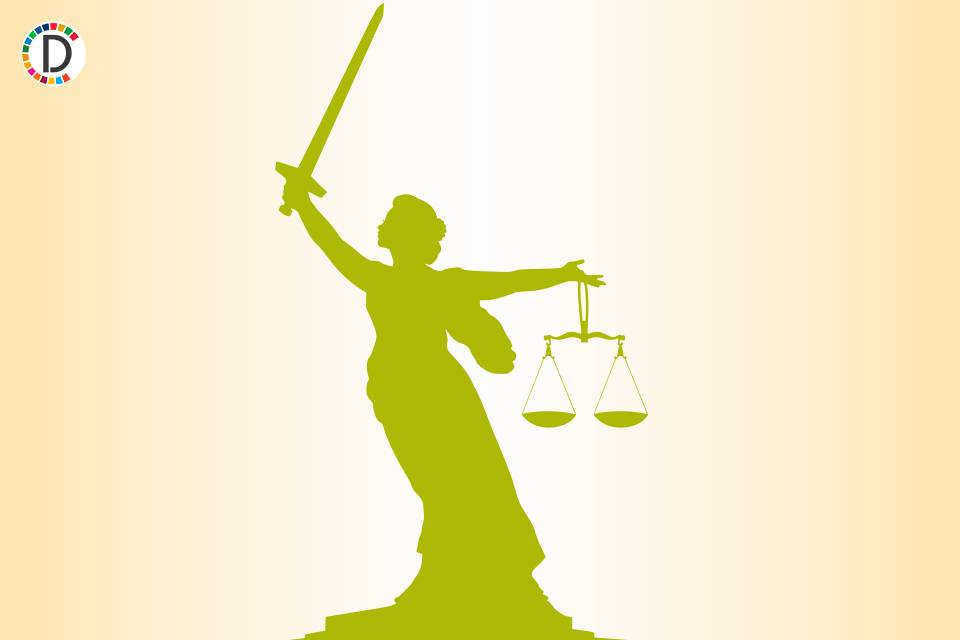Pakistan Senate to take up resolution seeking permanent ban on social media sites

- Country:
- Pakistan
Amidst serious concerns over the continued disruption of the social media platform X in Pakistan for over a fortnight now, a member of the Senate has demanded a permanent ban on all social media due to its negative impact on the younger generation.
Senator Bahramand Khan Tangi, who was recently expelled by the Pakistan Peoples Party (PPP) after he moved a resolution seeking the delaying of the February 8 polls, in the resolution called for a complete ban on all social media platforms, deeming them detrimental to the future of the young generation, Dawn News reported.
The resolution is listed on the agenda of the Senate session for Monday.
Senator Tangi, who is set to retire on March 11, said: "Social media platforms are adversely affecting the young generation in the country… [and] being used for promotion of norms against our religion and culture, creating hatred among people on the grounds of language and religion.'' The resolution notes with concern "the use of such platforms against the interests of the country through negative and malicious propaganda against the armed forces of Pakistan" and calls upon the Senate to recommend to the government to ban Facebook, TikTok, Instagram, X, and YouTube to save the young generation from their negative and devastating effects.
The X website has been largely offline since February 17, with occasional service restorations, mainly after former commissioner Rawalpindi Liaquat Ali Chatta made a statement in front of the media claiming that the "elections were rigged".
Separately, reports said authorities are considering a blanket ban on all Virtual Private Networks (VPNs), prompting the IT and services sector to express concerns that such action could severely harm the cash-strapped country's economy.
A majority of users are using VPNs to access the platform.
Numerous posts have been mocking the authorities, including caretaker IT Minister Umar Saif, for using a VPN. Saif uses a VPN as his current location in recent tweets is showing Hong Kong.
So far, no authority has taken responsibility for restricting the services of X, which activists see as a dangerous trend.
"This way, those in power are saying that they can ban any platform without any reason or being answerable to anyone," said Nighat Dad, a digital rights activist and member of the UN Secretary General's advisory board on AI.
She added that such a blanket ban on any platform is a violation of fundamental rights, and those in power are not considering the reputation of the country worldwide, especially concerning those who are being invited to invest in Pakistan.
Rumours that even VPNs will be banned in the country have rung alarm bells in the Pakistan Software Houses Association (P@SHA).
P@SHA, expressing concern, said such a proposal for a blanket ban on VPNs would have detrimental consequences for Pakistan's economy and its burgeoning reputation as a tech and innovation hub.
P@SHA said that a VPN ban would not only disrupt business operations but also stifle growth for companies and individuals heavily reliant on dynamic IPs for their work.
"The banking sector, in particular, faces severe financial repercussions due to restricted access to VPNs, hindering their ability to manage international transactions effectively," a statement by P@SHA said, adding that such bottlenecks would obstruct the government's vision of achieving the USD 15 billion exports target for the IT and IT services and also undermines the extensive endeavours of SIFC to facilitate the ease of doing business.
"Without losing reputational credibility, competitive advantage, and clientele, we advocate for the formation of a joint working group with the Pakistan Telecommunication Authority to ensure the uninterrupted operation of internet services while addressing regulatory concerns," P@SHA said.
Currently, all commercial users are mandated to get their VPNs registered at PTA in two categories for companies and freelancers. Organisations and companies are required to undertake IP Whitelisting for call centres and video conferences.
Today, more than 3,540 VPNs and 25,085 IP addresses have been registered with the PTA, but there is no bar on individuals using VPNs for non-commercial purposes.
(This story has not been edited by Devdiscourse staff and is auto-generated from a syndicated feed.)
ALSO READ
US Slams Hong Kong's Transnational Repression of Overseas Activists
U.S. Condemns Hong Kong's Intimidation Tactics Amid Diplomatic Tensions
U.S. Condemns Hong Kong's Intimidation Tactics and China's Sanctions
China Stocks Rise Amid Energy and Financial Gains, Hong Kong Falters
Hong Kong Lights Up: Drones and Pandas Take Center Stage










